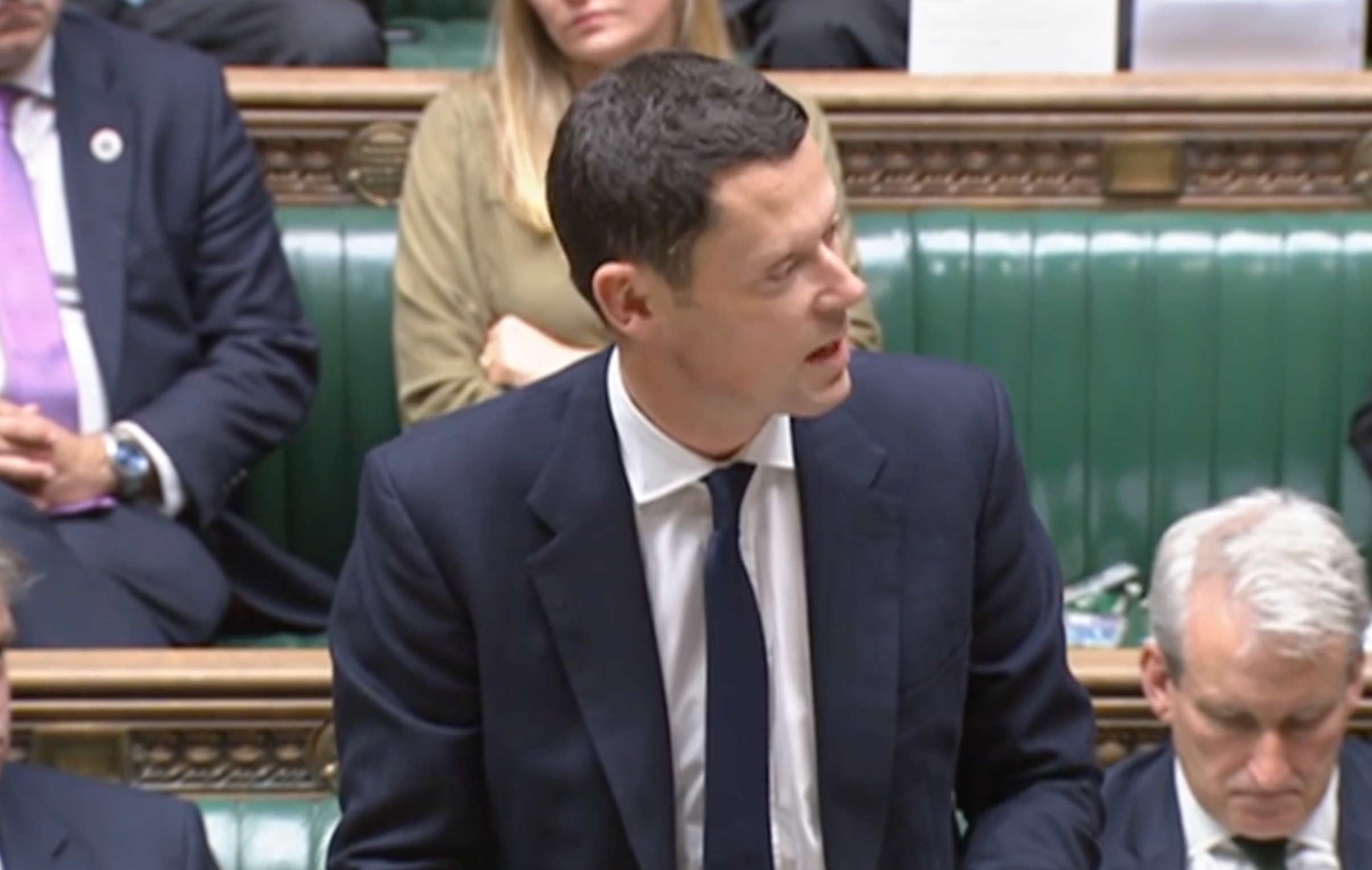Your support helps us to tell the story
From reproductive rights to climate change to Big Tech, The Independent is on the ground when the story is developing. Whether it's investigating the financials of Elon Musk's pro-Trump PAC or producing our latest documentary, 'The A Word', which shines a light on the American women fighting for reproductive rights, we know how important it is to parse out the facts from the messaging.
At such a critical moment in US history, we need reporters on the ground. Your donation allows us to keep sending journalists to speak to both sides of the story.
The Independent is trusted by Americans across the entire political spectrum. And unlike many other quality news outlets, we choose not to lock Americans out of our reporting and analysis with paywalls. We believe quality journalism should be available to everyone, paid for by those who can afford it.
Your support makes all the difference.Low-level offenders are to be spared jail and made to do community service in a bid to free up space in prisons, the government has announced.
Amid warnings that there is simply no space left in jails, justice secretary Alex Chalk said that in addition, some prisoners would be released on licence up to 18 days early.
Speaking in the Commons on Monday, Mr Chalk accepted that the custodial system was “under pressure”, with the prison population in England and Wales currently greater than it had ever been. But he said that moving towards non-custodial sentences could help reduce crime in the long run.
Under reforms unveiled by the justice secretary, ministers will also have to publish an annual statement of prison capacity and be held to account in parliament.
And the Ministry of Justice said it had commissioned “urgent” work to identify new sites in order to increase prison capacity, backed by £400m in funds. Foreign prisoners will also be sent back to their countries of origin more quickly, in a bid to take pressure off prisons in the UK.
Mr Chalk told MPs on Monday that the government should “do whatever it takes to ensure there are always enough prison places”. He also announced plans to ensure that rapists would serve the whole of their custodial sentence and not be released early.
But it comes after The Independent revealed last week that Rishi Sunak had been told three years ago by the National Audit Office that prisons would be full by the second half of 2023 – and still failed to avert the crisis.
The Times reported last week that Lord Justice Edis, the most senior presiding judge in England and Wales, had ordered the sentencing of convicted criminals currently on bail to be delayed.
Mr Chalk told the Commons that sentencing was a matter for the judicial system and that some reports had been “inaccurate”. But he said: “Prisons shouldn’t ruin the redeemable, and it is clear that all too often the circumstances which lead to an initial offence are exacerbated by a short stint in prison.”
Labour’s shadow justice secretary, Shabana Mahmood, said Mr Chalk had offered “not one word of apology to the British public for failing in the first duty of government, to keep our citizens safe”.
“It is a damning indictment of this government’s collective failure,” said Ms Mahmood. “Our prisons are completely full. We have been sounding the alarm for many years now.” She added that the public would be “less safe” as a result of the changes, and that there was a “risk of increased offending”.
Following the justice secretary’s statement, Baroness Hamwee, the chair of the House of Lords justice and home affairs committee, said: “Prisons have reached full capacity, but custody is only one of four sentencing options. Community sentences are a sound alternative to short prison sentences.
“Community sentences can be tailored to a wide range of offenders and circumstances. Judges can impose a wide range of requirements, from curfews and electronic tagging to unpaid work, drug treatment, or alcohol treatment. By selecting the right requirements, they ensure that the sentence is not only punitive, but also rehabilitative.”



Join our commenting forum
Join thought-provoking conversations, follow other Independent readers and see their replies
Comments